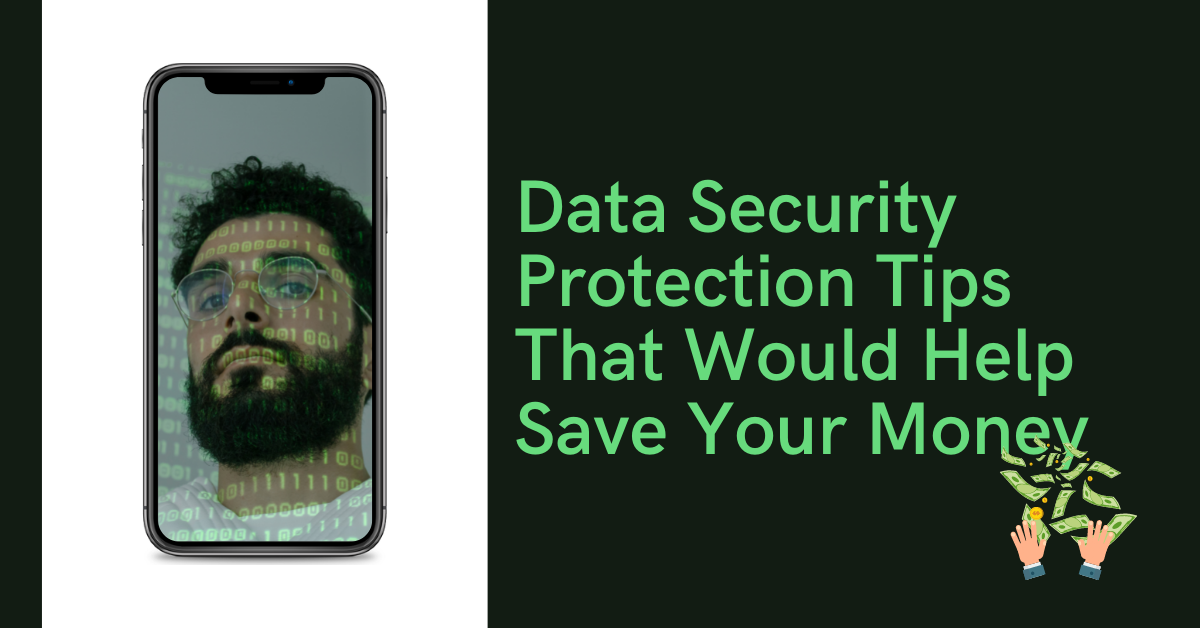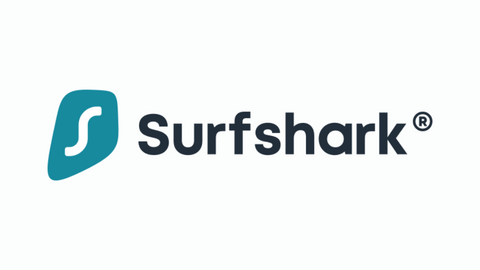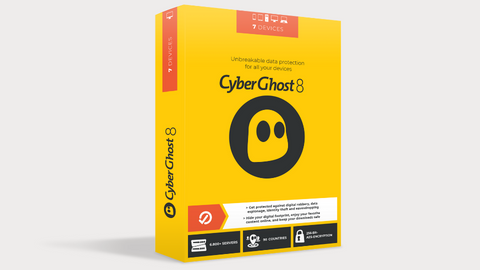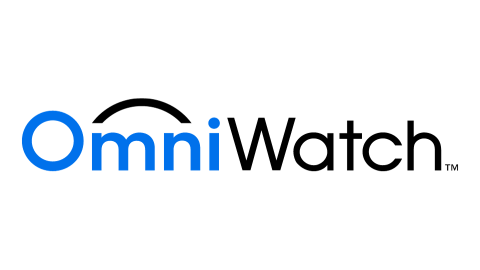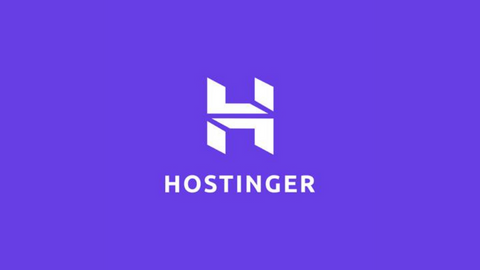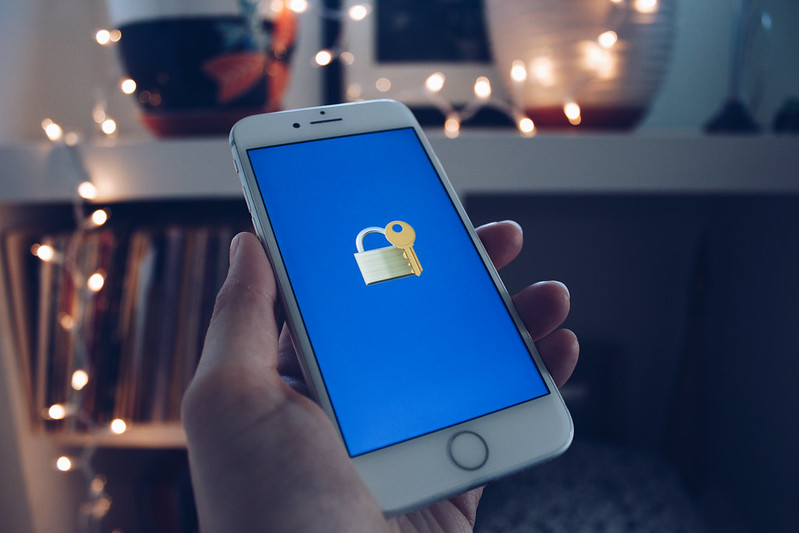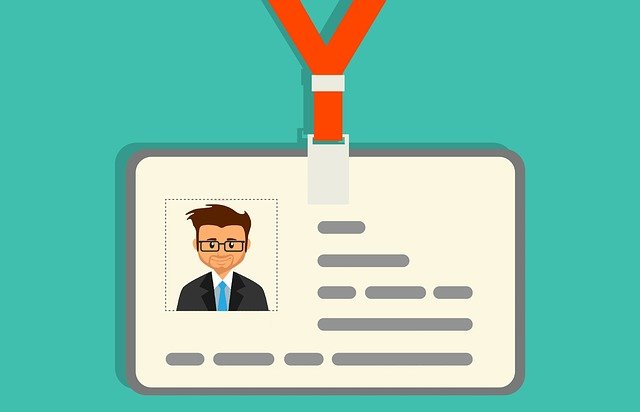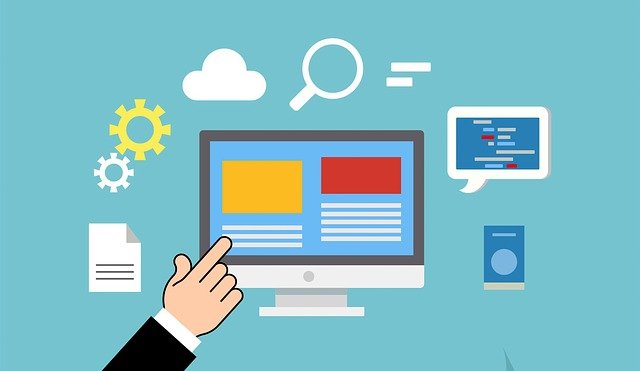This post will provide you with data security protection tips to help you save money. Read on!
For years, businesses have focused on safeguarding their customers’ passwords monetary and other confidential information from outside intrusion. However, consumers and individuals must now take data protection advice seriously and implement some practices to protect their information.
Many resources are available to consumers, businesses, and individuals on how to preserve passwords appropriately and secure desktop computers, tablets, and smartphones from hackers, malware, and other threats.
By providing our users with these suggestions for personal cybersecurity, we aim to help them become more cyber-savvy. Your family’s personal information should be kept confidential, and your devices should be protected using these simple practices.
TOP DEALS
Table of Contents
Data Security Protection Tips
| Protection Area | Tip | Description | Potential Savings |
|---|---|---|---|
| Passwords & Logins | Strong & Unique Passwords: | Use complex passwords with upper & lowercase letters, numbers, and symbols. Use a different password for each account. | Prevents unauthorized access & fraudulent transactions. |
| Multi-Factor Authentication (MFA): | Enable MFA whenever possible. It adds an extra layer of security beyond passwords. | Prevents unauthorized access even if password is compromised. | |
| Beware of Phishing: | Never click on suspicious links or attachments, especially in emails or messages. | Prevents malware downloads & scams that steal financial information. | |
| Financial Accounts & Payments | Monitor Accounts Regularly: | Regularly check bank statements and transaction history for suspicious activity. | Early detection helps prevent significant losses. |
| Enable Fraud Alerts: | Set up fraud alerts on your accounts to be notified of unusual activity. | Alerts you to potential unauthorized transactions quickly. | |
| Beware of Public Wi-Fi: | Avoid using public Wi-Fi for financial transactions. If necessary, use a VPN for added security. | Protects data from being intercepted on unsecured networks. | |
| Personal Information | Limit Social Media Sharing: | Be mindful of what personal information you share online, especially on social media. | Prevents identity theft and targeted scams. |
| Secure Devices: | Use strong antivirus & anti-malware software and keep them updated. | Protects devices from malware that can steal data. | |
| Be Careful with Downloads: | Only download software from trusted sources and avoid pirated copies. | Prevents malware infections that can compromise financial information. |
Data Security Protection Tips That Would Help Save Your Money
1. Keep Your Software Updated
As we observed from the numbers provided, ransomware attacks were a prominent threat vector of 2017 for both organizations and consumers.
According to cybersecurity experts, to minimize ransomware attacks, it is essential to update outdated software, including the operating system. This helps to remove significant weaknesses that attackers use to hack your devices. You can start by following a few simple guidelines.
- Turn on your device’s automatic system updates.
- Your PC web browser must automatically update its security settings.
- Keep updating plugins in your web browser, such as Flash and Java.
2. Use anti-virus software and a firewall to protect your computer.
Most criminal acts are prevented by using antivirus software. A good antivirus will protect you from data threats that can cause significant harm. Spyware and other harmful viruses are barred from reaching your device and exposing your data by antivirus software (AV) software.
When protecting your data from harmful attacks, a firewall is also essential. Additionally, a firewall prevents hackers, malware, and other unwanted activities from entering your device. Windows Firewall and Mac Firewall are the respective firewalls that come with Windows and Mac OS X, respectively.
3. Utilize a Password Management Tool and Strong Passwords
The importance of strong passwords for internet security is well known. Passwords are crucial in preventing hackers from accessing your data. The new password policy framework from the National Institute of Standards and Technology (NIST) for 2017 recommends the following:
- Eliminating the insane, confusing blend of upper-case characters and symbols, as well as the numbers. In lieu of this, choose something a little more user-friendly, but with a minimum of eight letters and a max of 64 letters.
- Don’t use the same password repeatedly.
- Passwords must include at least one lowercase letter, one uppercase letter, one digit, and four icons.
- Be sure to pick something you can easily recall. Never reveal your password or make it freely accessible for hackers to see.
- When you forget your passwords, you should reset them. A general update once a year is sufficient.
It’s really difficult to remember such complex passwords, that is why experts recommend using a password manager.
4. Use Two-Factor or Multi-Factor Verification
Two-factor or multi-factor authentication is a technology that provides an additional layer of protection to the traditional password-based online identification method. Ordinarily, you’d input a login and password without using two-factor authentication.
A Personal Identification Code (PIN), a second password, or a fingerprint would be required for two-factor authentication. After providing your login and password, you will be required to input up to two additional authentication methods.
5. Safeguard your Personal identifiable information (PII)
Cybercriminals can use PII to identify or locate a victim. A PII is any physical or digital identification data, such as a person’s name, address, phone number(s), birthdate, Social Security Number(s), IP address(es), geolocation, or any other personal information.
Companies that adhere to the PCI DSS requirements should safeguard your credit card information. The information posted on social media should be treated with extreme caution in the “always-on” social media world. On social media, it is recommended that you share only the bare minimum of information.
READ ALSO: How To Secure Your Computer Against Cyber Threats Like 007
6. Phishing Scams: What You Need to Know. Emails, phone calls, and pamphlets should all be treated with suspicion.
Phishing schemes are more dangerous than ever this year, according to recent reports. To deceive the receiver into disclosing credentials, opening a dangerous link, or accepting a malicious link, the attacker pretends to be somebody or something that the presenter is not in order to infect the sender’s device with spyware, a Trojan, or an exploit of zero-day vulnerabilities.
Ransomware attacks are generally the result of this situation. Phishing attempts are responsible for 90 percent of ransomware assaults. The following are some crucial cybersecurity tips to keep in mind when dealing with phishing schemes:
- Avoid opening unsolicited emails from persons you do not personally know.
- Find out which links are secure and which ones aren’t by hovering over them.
- Severe caution should be exercised while dealing with emails. Check the sender’s name and grammar.
- Friends who have been affected can send malicious links. As a result, take extreme precautions!
7. Take regular backups of your data
Regular data backups are often disregarded when it comes to online privacy protection. This rule is followed by the top IT and safety managers.
On two separate types of media (internal and global hard drives), you will maintain three copies of data (cloud storage). Ransomware or viruses can only be removed by erasing your computers and restoring them from a recent backup.
READ ALSO: 5 Cybersecurity Best Practices Everyone Should Know
8. Security Tips for Using Mobile Devices
Here are a few easy suggestions to help secure your mobile devices.
- Create a secure, difficult-to-guess mobile passcode.
- From Trusted Sources only, install applications
- Updating your device is essential. Hackers exploit unpatched vulnerabilities in older operating systems.
- Avoid sharing personally identifiable information (PII) or sensitive information via text or email
- Regularly back up your mobile device utilizing iCloud or Android’s Backup & Sync feature.
Wrapping Up – Data Security Protection Tips
In conclusion, security breaches are increasingly being caused by hacking, phishing, and malware attacks.
Worse, these intrusion attempts appear to be the consequence of human error. In the battle against cybercrime and the prevention of security breaches, knowledge and information are vital, and many businesses also rely on secure and scalable managed IT services to help implement and maintain strong data protection practices.
To reduce your chances of a security event, we hope you have found these personal cybersecurity tips and information about how personal data breaches occur to be beneficial.
INTERESTING POSTS
- 10 Tips To Secure Your Smartphones (iOS and Android)
- Protect your online privacy and save 88% with a subscription to Ivacy VPN
- 5 Benefits of Having a Home Security System
- How To Secure Devices Against Phishing Emails
- How to Protect Yourself from Online Fraud [6 Surefire Internet Safety Tips]
- What Are Phishing Scams And How You Can Avoid Them?
- How to Safely Download and Install the Latest VidMate APK Version
- How VidsSave Elevates Your Online Video Downloading Experience in 2025
About the Author:
Daniel Segun is the Founder and CEO of SecureBlitz Cybersecurity Media, with a background in Computer Science and Digital Marketing. When not writing, he's probably busy designing graphics or developing websites.


